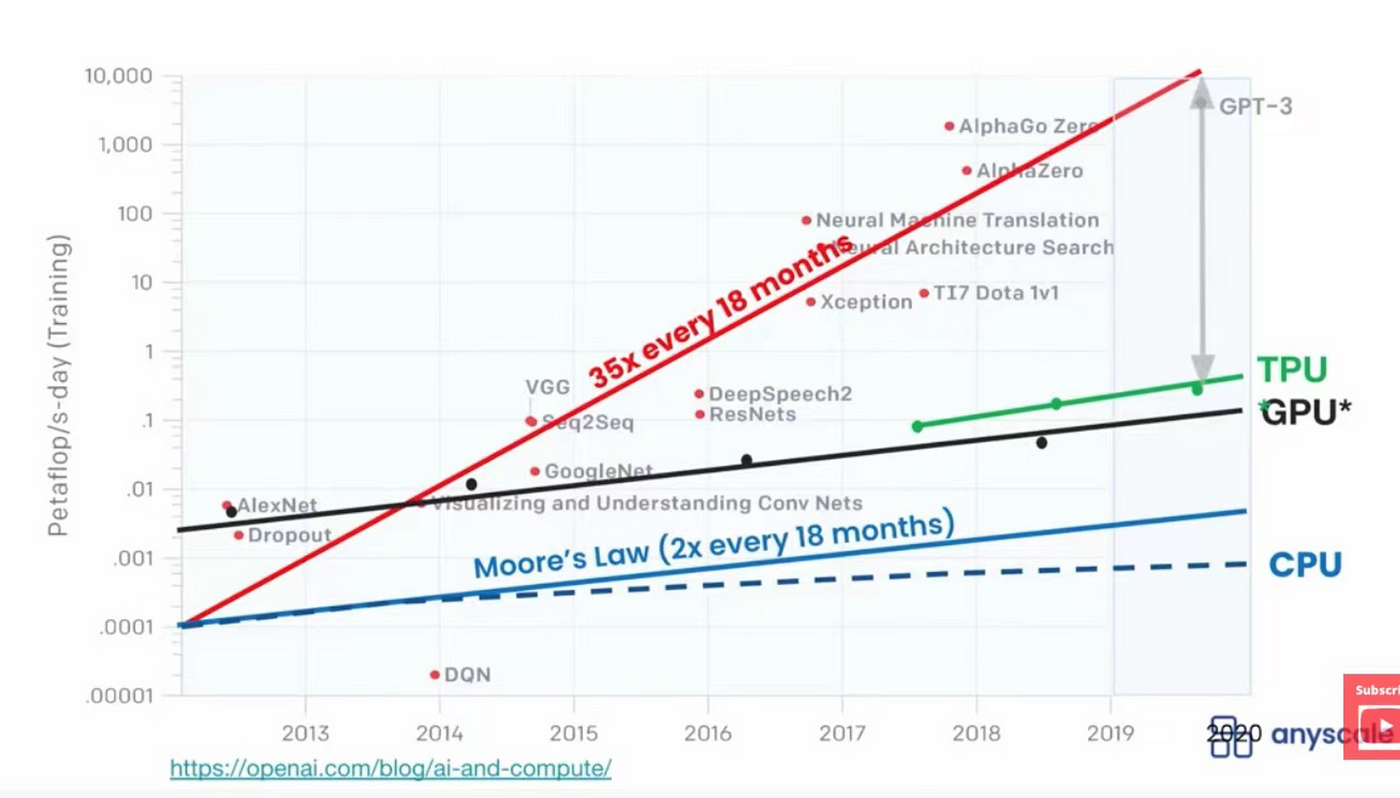OpenAI, one of the leading artificial intelligence research labs in the world, has recently released a new version of its Generative Pre-trained Transformer (GPT) language model. GPT is an advanced machine learning model that has been trained on a vast amount of text data, allowing it to generate human-like responses to prompts. The release of the new version of GPT is a significant development in the field of generative AI, which is the branch of artificial intelligence that focuses on creating AI models that can generate new content, such as text, images, and even videos. This technology has the potential to revolutionize a wide range of industries, from entertainment to healthcare to education.
The new version of GPT, called GPT-3, is the largest and most powerful language model ever created. It has been trained on a massive amount of data, including web pages, books, and scientific articles, and can generate responses to prompts that are almost indistinguishable from those written by humans. One of the key features of GPT-3 is its ability to perform a wide range of natural language processing tasks, such as language translation, sentiment analysis, and question-answering. This makes it a valuable tool for a wide range of applications, from chatbots to content creation to language learning. The release of GPT-3 has generated a great deal of excitement in the tech industry, with many experts predicting that it will lead to a new wave of innovation in generative AI. However, there are also concerns about the potential risks associated with the technology, such as the possibility of AI-generated content being used to spread misinformation or manipulate public opinion. Despite these concerns, the potential benefits of generative AI are vast. For example, it could be used to create personalized educational content that adapts to the needs of individual learners, or to generate new ideas for creative projects.

As generative AI tools continue to expand and evolve, it is important to consider the ethical and social implications of the technology. This includes ensuring that AI-generated content is accurate and unbiased, and that it is not used to spread misinformation or manipulate public opinion. The release of GPT-3 represents a major milestone in the development of generative AI. Its ability to generate human-like responses to prompts has the potential to revolutionize a wide range of industries, from entertainment to healthcare to education. However, it is important to consider the ethical and social implications of the technology, and to ensure that it is used responsibly and for the greater good.



